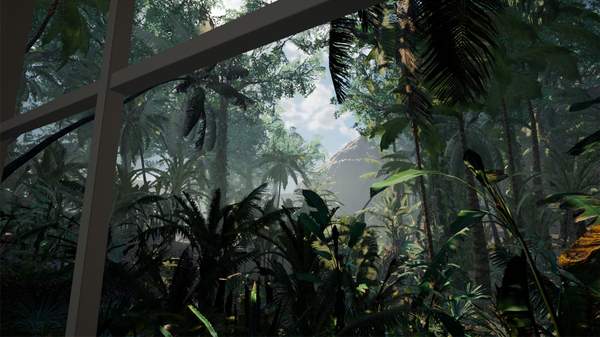Overview
Anxiety is the most common mental health condition in Australia so, when The Big Anxiety Festival makes its Brisbane debut in February 2022, it should be well-attended. First staged in Sydney back in 2017, and now taking its first trip north, the mental health and arts festival was created by the University of New South Wales and the Black Dog Institute along with over 25 partners across Greater Sydney, to use art as a means to transform the way people think about and deal with mental health.
Given everything that life has thrown our way during the pandemic, that task is as worthy now as ever — although there's never a bad time to focus on mental health. Accordingly, from Wednesday, February 9–Saturday, February 12, the inaugural Brisbane fest will bring together artists, scientists, technologists, thinkers, mental health workers, activists and people with lived experience to explore the field. The main focus: how arts-based experiences can help people work through not just anxiety, but stress and trauma, whether via interactive environments with a big reliance upon technology or thanks to innovative conversation formats.
Taking place at QUT Gardens Point Theatre, highlights include Edge of the Present, the world's first virtual reality environment for suicide prevention, which uses visual transformations to help improve mood and hopefulness — and EmbodiMap, another interactive VR tool that tasks users with painting out their feelings, thoughts, and emotions onto a 3D life-sized version of their body in order to confront feelings of anxiety, stress and trauma.
Edge of the Present, Jessica Maurer.
Plus, Gold Coast artist and art therapist Daniele Constance will curate Awkward Conversations, which'll enlist artists with lived experience to participate in no-holds-barred discussions. Chatting about the subject will be a big part of two-day festival-within-the-festival The Big Reach, too, with the ticketed event bringing together workshops, conversations and performances, as well as immersive media demonstrations, all thanks to more than 30 artists and presenters.
This is the kind of festival where you can take sessions on writing as a form a self-care, use augmented reality as a way to explore trauma in storytelling, and step into a 3D experience based on memories of time spent in the Parramatta Girls Home.
Or, you can view virtual reality artworks by Uti Kulintjaku, which is an Aboriginal-led mental health literacy project comprised of Ngangkari (traditional healers) and multi-artform artists from the Ngaanyatjarra, Pitjantjatjara and Yankunytjatjara lands in the remote western desert of Central Australia.
Uti Kulintjaku
Responding to the pandemic, and examining what needs to change in the mental health after the last two years, is also a key part of the Brisbane event.
"The arts are the best means we have for sharing complex experiences, and are also critical to the future of mental health where 65 percent or more Australians with mental health concerns do not seek help and more than 50 percent of those who suicide have not reached out for help," said The Big Anxiety Founder and University of New South Wales Professor Jill Bennett.
"Raising awareness about mental health is not enough — we need new ways of thinking, imagining, feeling and acting and resources that are both practical and inspiring," she continued.
The Big Anxiety Festival Brisbane will run from Wednesday, February 9–Saturday, February 12 at QUT Gardens Point Theatre. For more information, head to the festival's website.
Top image: Edge of the Present.
